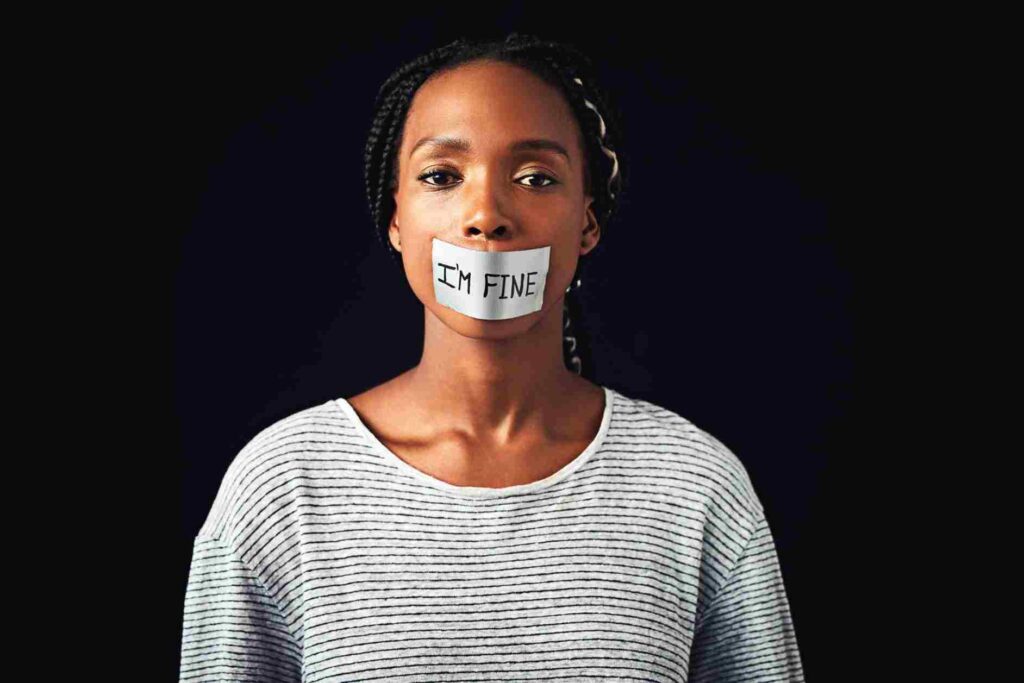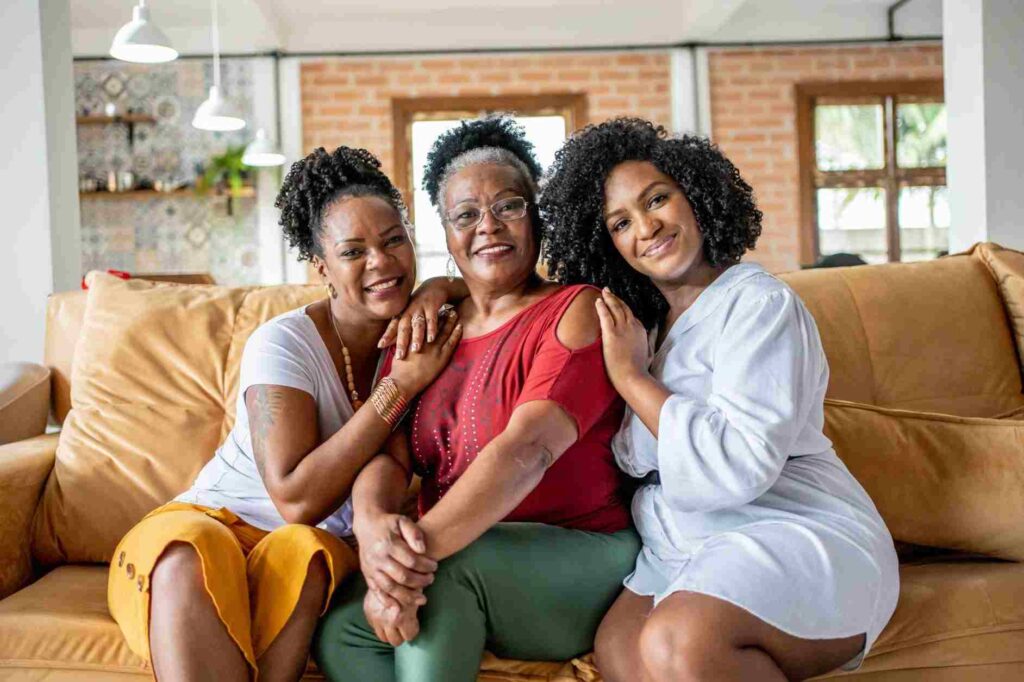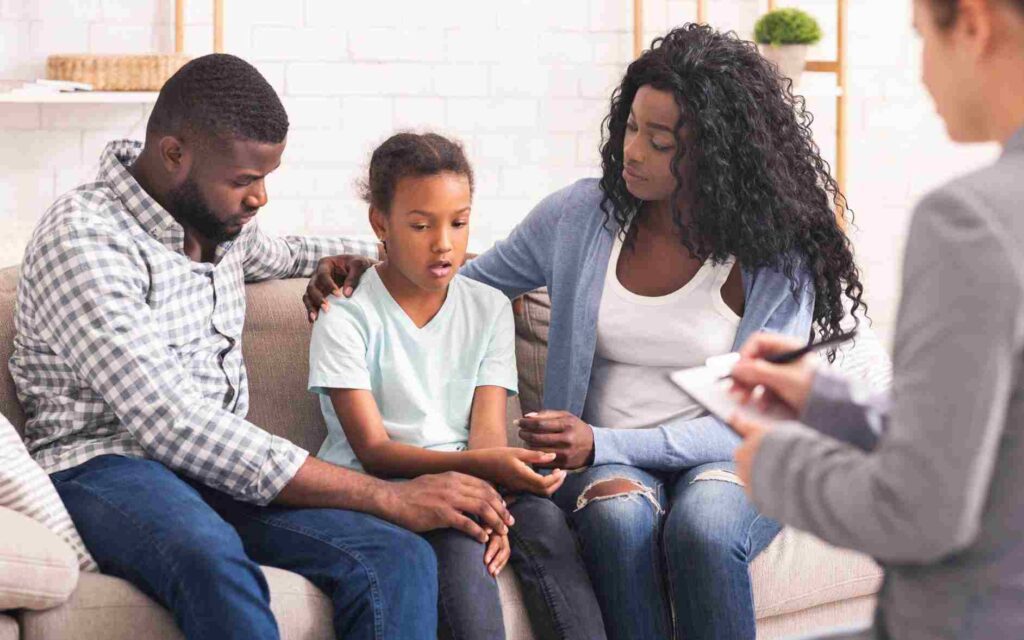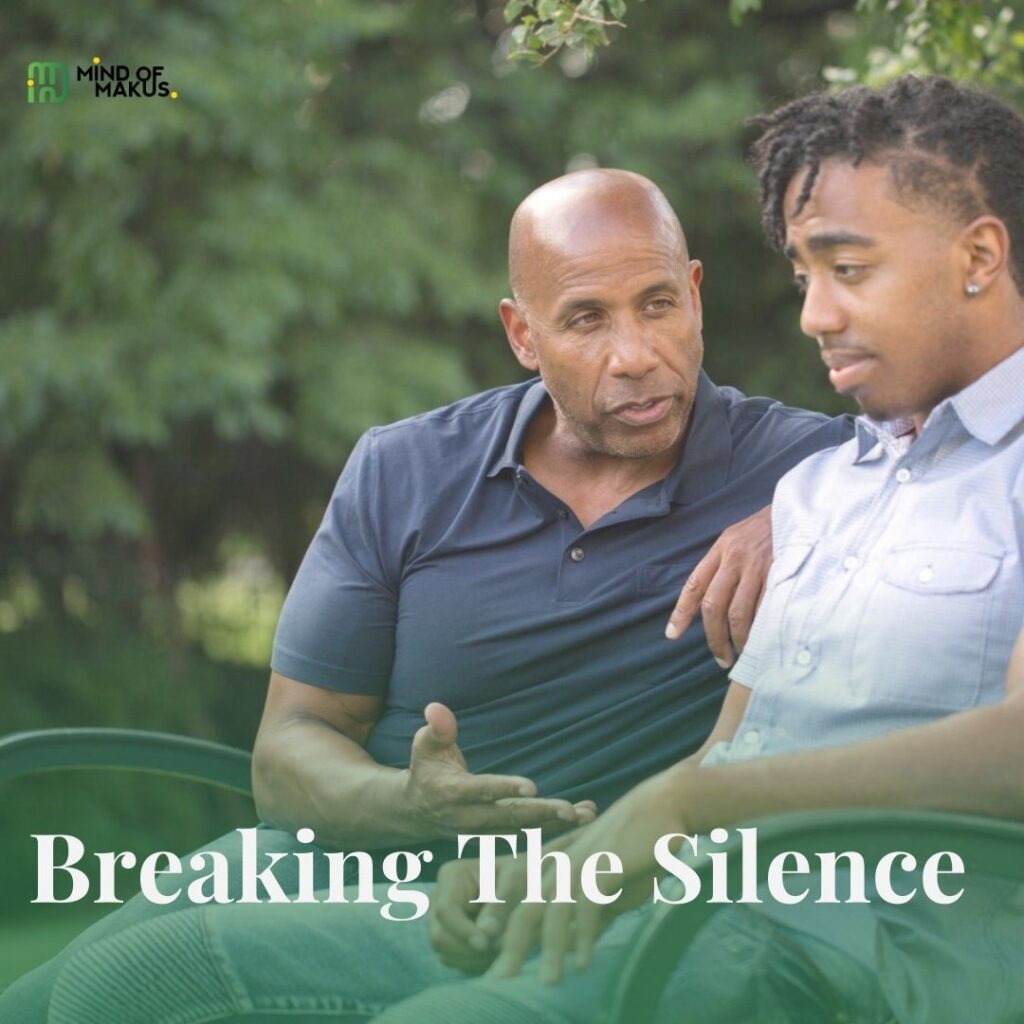Let’s talk about mental health and culture.
Hello great friends,
How are you doing? Has your week been exciting, challenging, fun or restful? Whatever it has been, there is still lots to look forward to. I like to think we have the power to change the way we move in our world.
I have been thinking more practically about what rest means for me in this phase of my life. I am spending more time with my family, engaging in more home based activity and taking care of my body and a big part of that is my skin. Gosh what a difference 2 years makes, I saw an old picture of my face recently, wow!
It is satisfying to see the result of paying attention to things. Anything you give attention to will grow indeed.
Look at your mental health, and all the things you are ignoring and expecting a miracle my dears.
Let’s take a closer look at culture and how that can influence our knowledge and attitude to mental health.
In the rich history of Black culture, there is a profound strength and resilience, yet, within the folds of this strength, there often lies a silence—a silence surrounding mental health. The fear of speaking up is an issue within the black community.
In continuation of our celebration of Black History Month, we will explore, through this blog post, the layers of this silence and shed light on various tasks of addressing mental health stigmas within Black families.
The Weight of Silence:
Historically, mental health has been a topic shrouded in stigma, and within Black families, this silence can be particularly deafening. It is not a welcome conversation and can be outrightly met with rejection when you try.
Stigma may come from others while some stigma can be from the individual suffering from the mental health illness towards themselves; with a report showing that 98% of people agree that people with mental health struggles experience stigmatization from others including loved ones.


What are the things that perpetuate this silence and strengthen the stigma within our culture?
Cultural nuances, generational gaps,educational gaps, lack of experience , perceived weakness and external pressures have contributed to the prevalence of mental health silence within the home, making it crucial to break through the barriers that hinder open conversations on this topic, giving the most vulnerable among us a fighting chance at least to be supported.
To address mental health stigmas, it’s essential to delve into the historical context. From the legacy of slavery to systemic inequalities, the Black community has faced unique challenges that have influenced perceptions of mental health. By understanding these roots, we can begin to dismantle the stigmas that have persisted over generations.
The echoes of slavery reverberate through generations, leaving an indelible mark on the collective psyche of the Black community. Enslaved individuals endured not only physical brutality but also significant abuse to their mental well-being.
The story of Harriet Jacobs, for example, a woman enslaved in North Carolina in the 19th century. In her autobiography, “Incidents in the Life of a Slave Girl,” Jacobs vividly recounts the psychological torment she endured. Understanding this historical trauma provides a lens through which we can comprehend the roots of mental health stigmas in Black families.
While black history doesn’t begin with slavery, it was a period that greatly affected the people who lived in that time, and their unborn descendants.
What can we then do?
Breaking the silence starts with fostering open conversations. Encouraging family members to share their thoughts, feelings, and experiences related to mental health creates a supportive environment.
This includes validating emotions, normalizing seeking help, and emphasizing that mental health is an integral part of overall well-being. It involves creating spaces where family members feel not only heard but also valued for their emotional well-being.
The Role of Education:
Education plays a pivotal role in dispelling myths and misconceptions surrounding mental health. By providing accurate information about mental health conditions, treatment options, and the importance of seeking professional help, families can empower themselves to navigate these conversations with compassion and understanding.
In the age of the internet, information is only a click away, one page at a time you can become more educated on various mental illnesses and how to recognise and support loved ones. It is an investment in the future, just like your gym subscription or any education you have.


Bridging Generational Gaps:
In many instances, there exists a significant gap in understanding mental health between different generations within a family. For many reason not least of which is access to information in the younger generation and alternative ways of doing things. Creating an environment where people from various generations can have conversations and gain some perspectives, is worth doing.
Bridging this gap involves acknowledging cultural differences, sharing personal stories, and emphasizing that seeking help is a sign of strength, not weakness. It’s about creating a narrative that resonates across age groups.
Cultivating Supportive Environments:
Ultimately, addressing mental health stigmas within a cultural context is about creating supportive environments. This involves promoting empathy, active listening, advocacy, and a commitment to breaking free from the chains of silence. Black communities can become pillars of strength when we collectively prioritize mental well-being and work together to overcome the stigma associated with seeking help.


Breaking the silence surrounding mental health in Black communities is a journey of compassion, understanding, and resilience. By acknowledging the weight of historical silence, nurturing open conversations, educating one another, and fostering supportive environments, we can create a more positive legacy of mental well-being—a legacy that speaks louder than the silence of the past.
It’s time to break the silence, embrace vulnerability, and pave the way for a future where good mental health is a shared and celebrated aspect of Black culture.
Start today, with your family or your friends. Ask how are you, how are you feeling today? What made a difference for you today? What can I do to make you feel a little happier today?
It’s a start.
Stay wholesome
Stay authentic
Be yourself and keep getting better at it.
Live wholeheartedly,
Amaka



